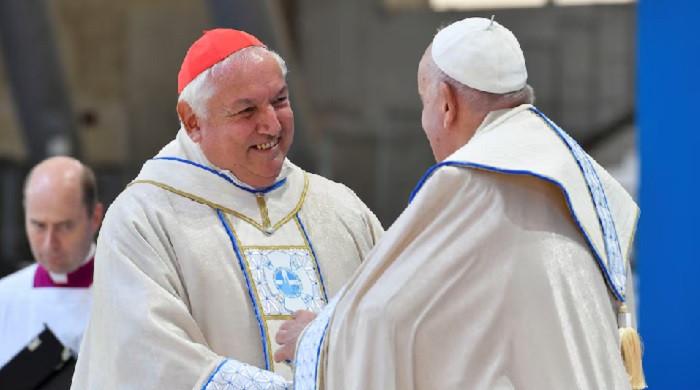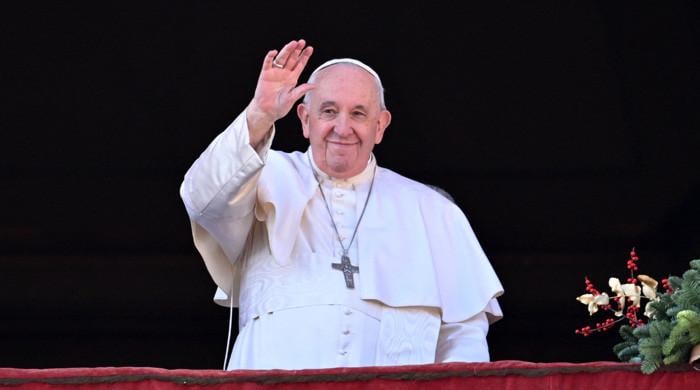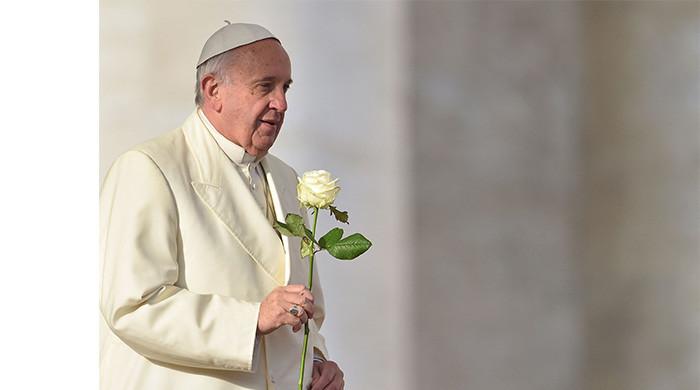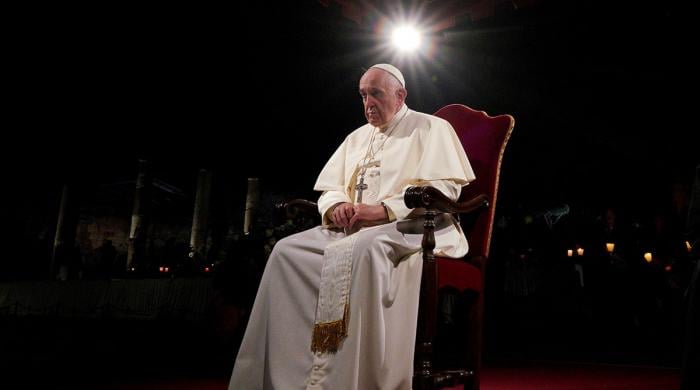Arif Naqvi case: US prisons do not adhere to international human rights standards, lawyers claim
Naqvi continues to battle his extradition to the US at a court hearing with his lawyers, led by Hugo Keith QC
July 22, 2020
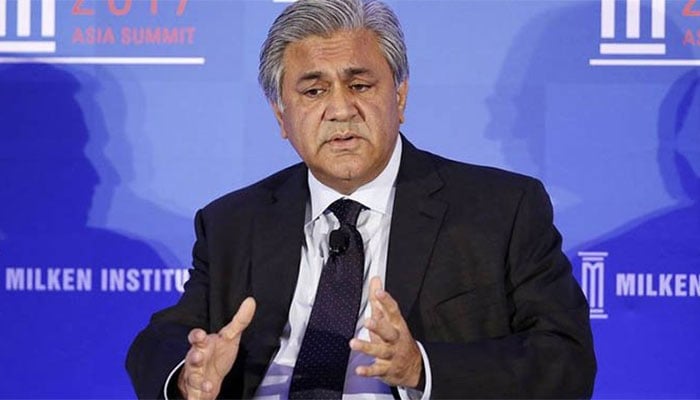
LONDON: The lawyers of businessperson and Karachi-origin founder of the Abraaj Group, Arif Naqvi, claimed in Westminster Magistrates’ Court on Wednesday that the conditions at Essex County Prison, as well as many other US prisons, "do not adhere to international human rights standards" — raising another hurdle to the matter of his extradition.
Naqvi continued to battle his extradition to the US at a court hearing with his lawyers, led by Hugo Keith QC.
The chief magistrate, Senior District Judge Emma Arbuthnot, heard from the US government lawyer Mark Summers QC that Naqvi would be held at Essex County Prison near Hudson River and that they would attempt to have diplomatic assurances provided for his good treatment in the event of his extradition to the US.
Summers introduced the new prison in response to some significant evidence Keith produced in June to shed light on either of the initial two prisons that he was meant to be kept at — including the Metropolitan Correctional Centre (MCC) or Metropolitan Detention Centre (MDC).
In the latest development, the US — through Summers — agreed to have him remanded to a third facility, the Essex County Prison.
Naqvi’s lawyer rejected the proposal and tore into the prison conditions.
Keith, on behalf of Naqvi, claimed that Essex County Prison was where detainees liable for deportation were held and that the conditions there were "bad, degrading, and not satisfactory".
He further claimed that if one was to simply look at the press coverage, deaths routinely took place at the Essex County Prison.
Within the administrative hearing that took place today with a view to set a date, Naqvi’s lawyers asked on account of his exemplary behaviour and strict adherence to all conditions that he be granted certain relaxations — namely to be able to freely move around in London for set periods during the day to attend meetings and to also relax the amount of bail securities being held by the court — an astonishing £15 million in cash, put up mainly by friends and former business associates in light of his own dire financial conditions.
The judge rejected both requests and kept the same conditions in place due to significant resistance from Summers on Naqvi's alleged guilt. The judge did, however, grant two weeks for Naqvi to spend time with his family in the UK countryside, subject to the same restrictions that he faces in his current apartment, with the judge plainly referring to Naqvi as being under arrest at home in place of being under arrest in prison.
The US government wishes to extradite Naqvi from London to New York on sensational allegations of money laundering, racketeering, and fraud. He faces close to an incredible 300 years in jail on 16 counts if extradited.
The Abraaj Group founder has been personally unable to defend himself against the US allegations during the extradition trial but has denied all allegations through his lawyers. His legal team has maintained that he did nothing wrong and took decisions to ensure that all money of the US investors was returned and repaid in full, with interest.
Keith has repeatedly commented on Naqvi’s present condition and deteriorating mental state due to the difficulties of having to manage and fight this process under the basis of very strict and tight guidelines, where the frustration of not being able to truly give evidence to defend himself unless in a "US court of law" has grown painful and tiresome.
Scotland Yard had arrested Naqvi over a year ago in London on a request from the US. The UK authorities have said that he was not accused of any wrongdoing in Britain and there were no allegations against him on the country's soil from where he conducted a major and substantial part of the operations of Abraaj — second only to the Dubai office.
The extradition judge heard that Naqvi’s Abraaj Group returned all money owed to Bill Gates Foundation and other American investors with interest to the healthcare fund paid in full by December 31, 2017.
The case will continue and the next hearing is set for December 2020.







